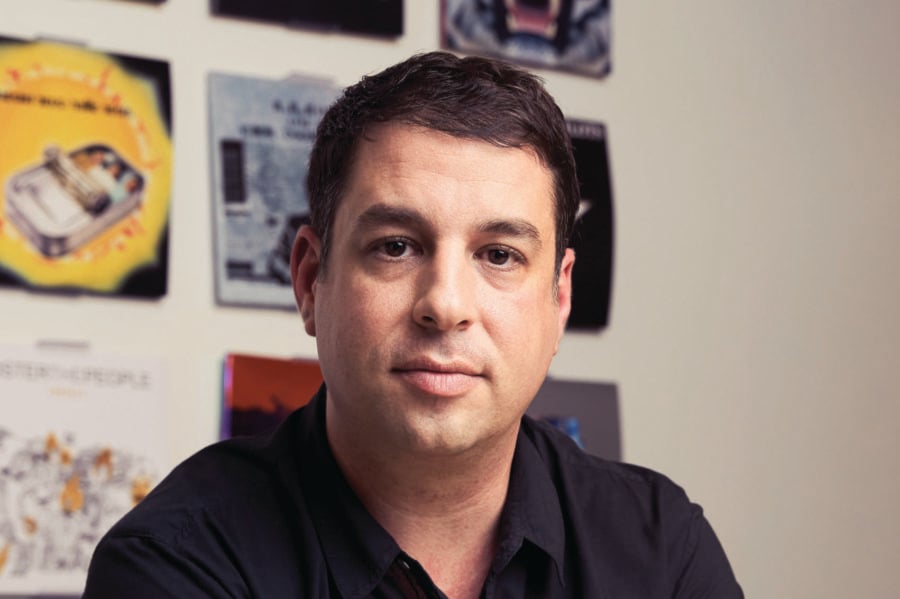

From the outside, the Oranj business model appeared to address the surge of advisers looking to gain an edge with the latest model portfolios that offer access to inexpensive and effective outsourced investment models.
The free technology allowed the advisers to create investment strategies with funds from Oranj’s partner asset managers. The success of model marketplaces in recent years opened the company up to partner with at least 27 funds and launch partnerships with providers like Allianz Global Investors and Liberty One Investment Management in recent months, according to company announcements.
Yet, advisers on the platform said they were beginning to feel the pinch of limited access to funds through the free model marketplace.
“[Oranj] clearly had a relationship with certain mutual fund companies and those were the only funds you could use,” said financial planner John Bovard, owner of Cincinnati, Ohio-based Incline Wealth Advisors. The firm had been using Oranj’s platform for about six months before the fintech announced last month that it was closing its doors for good.
Oranj entered into partnerships to provide model marketplaces to advisers for free, essentially becoming a distribution arm to large fund families like BlackRock and Franklin Templeton. Ultimately, that relationship gave the fund providers some form of control over what would and would not be offered on the platform, according to some industry observers — a limitation that didn't sit well with advisers interviewed by InvestmentNews.
For example, Oranj had a partnership with asset manager Invesco, yet there were still a selection of the company's ETFs that advisers couldn’t access, according to Bovard. “It was definitely frustrating,” he said. “[Oranj] sounded good in theory and I think what helped them was having those mutual fund companies that had their wholesalers suggesting [Oranj] to advisers. But the lack of fund availability really restricted it.”
For Bovard, who signed up for Oranj through Invesco, the real draw was the free technology because he could potentially save hundreds of dollars a month, he said. Instead, his firm has transitioned to its custodian, Charles Schwab, for portfolio rebalancing and trades, but will be using its own model portfolios.
The ultimate problems with Oranj go deeper than just the limited selection of investments, according to financial planning expert Michael Kitces. The core issue was that the company couldn’t bring to the table a technology offering that advisers weren't able to get elsewhere, he said.
“In practice I’m sure the breadth of investment options, or lack thereof, was a constraint for Oranj, but more investment options wasn’t going to be the path to success for them,” Kitces said in an email. “Differentiation that overcomes switching costs was the key issue they don’t appear to have ever fully solved for.”
Oranj is offering up Morningstar as a substitute for clients looking to transition, according to an email sent to Oranj users and reviewed by InvestmentNews. “As you plan for your transition from Oranj, our friends at Morningstar are offering 6 months for free on Morningstar Office,” according to the email.
In addition to Morningstar, a handful of other fintechs, like Orion Advisor Solutions and Riskalyze, are offering discounted products to entice former Oranj users.
There also seemed to be general transparency issues with the business model — particularly surrounding the fact that certain asset managers were paying for distribution — despite the firm’s attempts to be very clear about how the platform worked, according to Jason Wenk, CEO and Founder of digital brokerage Altruist.
“It was murky,” Wenk said. "RIAs hold themselves as fiduciaries and champions of transparency, and the [business model] wasn’t the world’s most transparent arrangement.”
The model just didn’t end up attracting the mass influx of users the company had expected, he added. “One could argue what [Oranj] did is not much different than Robinhood, but Robinhood had the scale,” Wenk said. “Those radical pricing models only work if you reach scale.”
Without a large enough client base, Oranj faced challenges expanding its offerings at a regular cadence, according to Chief Business Development Officer John Mackowiak at Advyzon.
“Seemed like [Oranj] never really settled on where they wanted to land from a capability perspective,” Mackowiak said. “Anyone can open a model marketplace, so how was [Oranj] going to differentiate? In my opinion, the client base comes first so when you open a model marketplace, it’s attractive to all of the asset managers.”

Relationships are key to our business but advisors are often slow to engage in specific activities designed to foster them.

Whichever path you go down, act now while you're still in control.

Pro-bitcoin professionals, however, say the cryptocurrency has ushered in change.

“LPL has evolved significantly over the last decade and still wants to scale up,” says one industry executive.

Survey findings from the Nationwide Retirement Institute offers pearls of planning wisdom from 60- to 65-year-olds, as well as insights into concerns.
Streamline your outreach with Aidentified's AI-driven solutions
This season’s market volatility: Positioning for rate relief, income growth and the AI rebound
